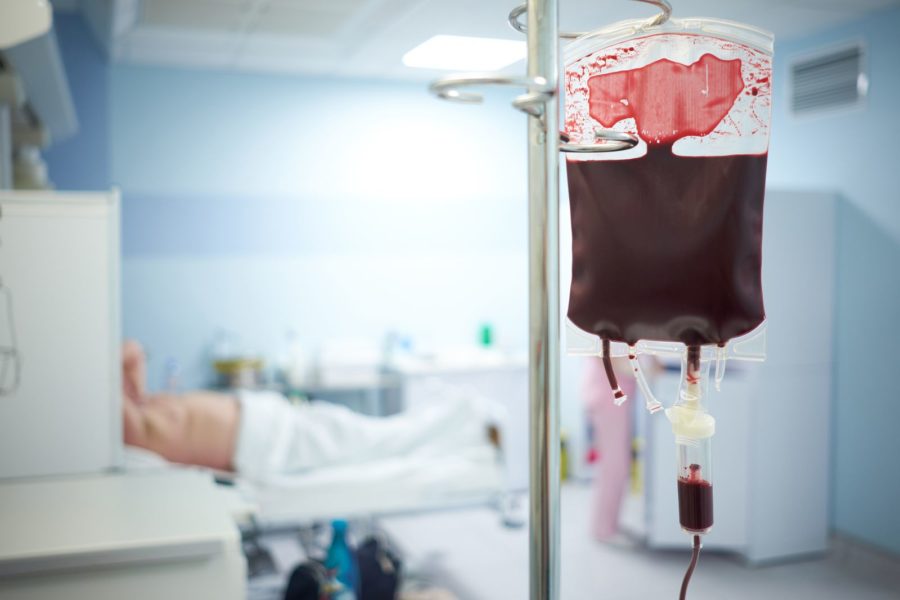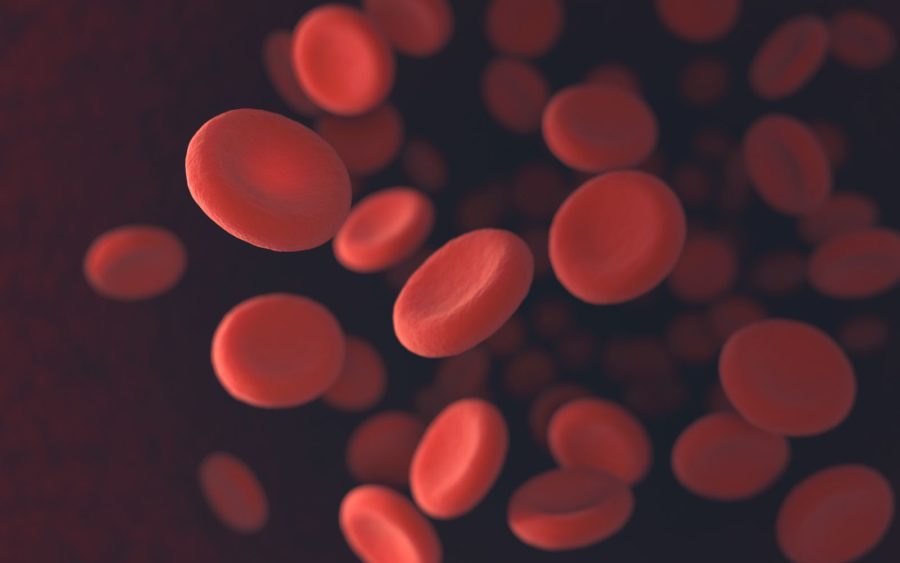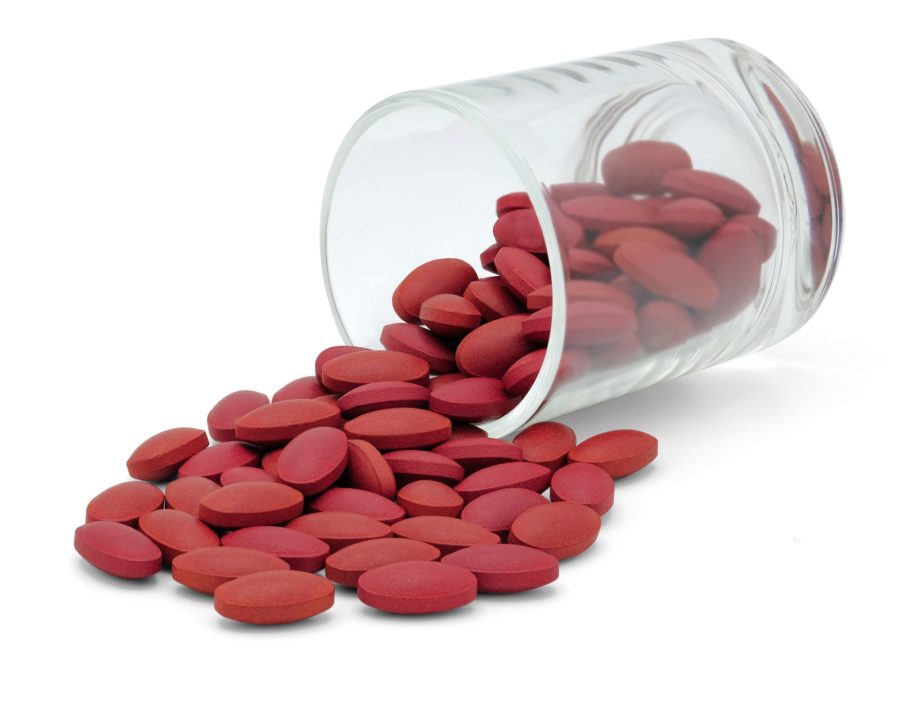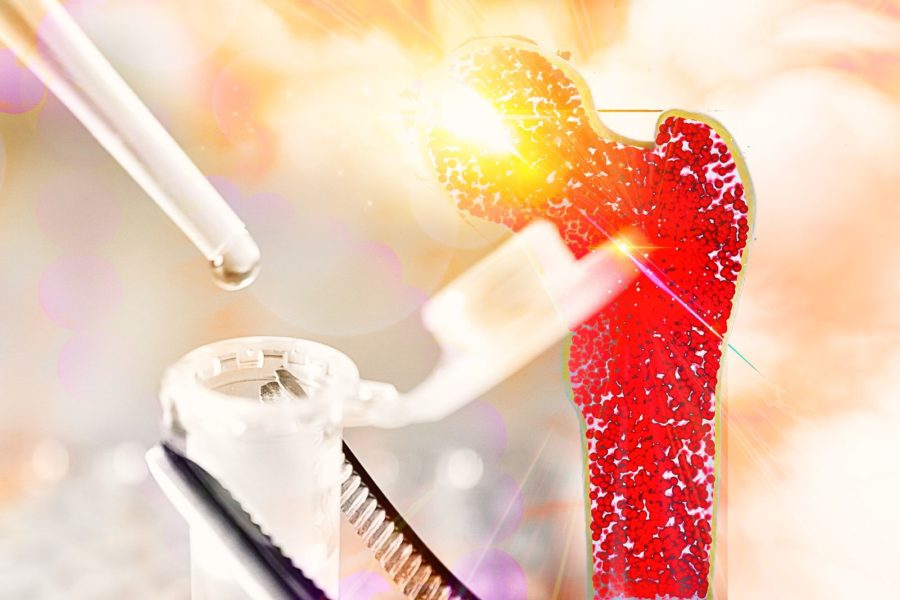Supportive Treatments
There are a number of different treatments that patients with PNH may require. Some people, especially those with a lower proportion of PNH cells, may require little or no treatment. Below is a list of some of the more common treatments in use.

Blood Transfusions
Anaemia is one of the commonest symptoms of PNH. Blood transfusions are an important therapy as they can alleviate some symptoms experienced. We generally only use transfusions if the patient has symptoms of anaemia.
Folic Acid
Folic acid is a vitamin needed by the bone marrow to help make blood cells. In PNH, the bone marrow often produces more red blood cells than normal to try to compensate for the blood cells being destroyed in the bloodstream. Taking folic acid tablets helps to ensure that the bone marrow has enough folic acid to make blood cells.


Anticoagulation
Some patients are on blood-thinning medication, such as warfarin, to reduce the risk of developing blood clots. These medications make people more likely to bruise and bleed.
Iron Supplements and Iron Removal
Iron levels may be either too low or too high in PNH, usually depending on whether the patient is on specific treatment for the PNH or not. Some patients therefore may require iron supplements, and others may need medication to reduce the iron levels in the body.


Allogeneic Bone Marrow Transplantation
Bone marrow transplant is the only curative treatment for PNH, but has many significant complications which may occur in some patients. It is not very common for this to be recommended for patients with PNH unless there is severe bone marrow failure co-existing with PNH.
